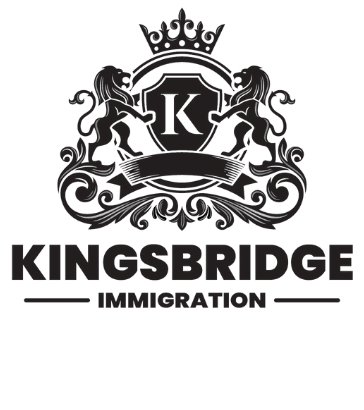
Canada’s Home Care Worker Immigration Pilot (HCWP) is now open for applications, offering foreign nationals a unique pathway to permanent residency through two specialized streams: Child Care and Home Support. If you’re passionate about caregiving and interested in building a new life in Canada, here’s everything you need to know to determine your eligibility.
The HCWP is divided into two categories:
- The Home Care Worker Immigration Pilot: Child Care
- The Home Care Worker Immigration Pilot: Home Support
These pilots are further split into two streams:
- Workers in Canada Stream (March 31, 2025 – March 30, 2026)
- Applicants Not Working in Canada Stream (Details to be announced)
Each stream targets foreign nationals based on their work experience and professional training, providing a structured path to permanent residency.
Occupational Qualifications
For Child Care, eligible occupations include Home Child Care Providers (NOC 44100) and Early Childhood Educators and Assistants (NOC 42202).
For Home Support, eligible occupations include Home Support Workers, Caregivers (NOC 44101) and Nurse Aides, Orderlies, and Patient Service Associates (NOC 33102).
Work Experience and Education
Applicants must have six months of continuous, full-time relevant work experience within the last three years, or a six-month-long relevant educational credential.
Educational credentials must be post-secondary and completed in person within two years of application.
Job Offer Requirements
The job must be in Canada (excluding Quebec), offer full-time continuous work (at least 30 hours per week), and meet specific wage and job description requirements.
Professional Training and Credentials
Applicants without qualifying work experience may qualify through professional training. Key requirements include:
A minimum of six months of relevant educational credentials, aligned with eligible NOC codes. The program must be post-secondary, involve in-person learning, and completed within two years of application.
Regularization for Out-of-Status Workers
Canada has dedicated 140 spots in each HCWP stream to out-of-status workers in Canada. These applicants can regularize their status and apply for permanent residency if they meet all other eligibility criteria.
To qualify, applicants must have entered Canada before December 16, 2021, and held a valid work permit afterward. Those who meet the regularization criteria may also include their out-of-status family members in their application.
Settlement Funds
Foreign nationals applying under the Applicants Not Working in Canada stream will need to provide proof of settlement funds. The amount required depends on the size of the applicant’s family, including spouses and dependent children.
The Home Care Worker Immigration Pilot offers a promising opportunity for foreign nationals with caregiving experience or training to obtain permanent residency in Canada. Whether you’re currently in Canada or applying from abroad, this pilot can be your gateway to a new life in one of the world’s most welcoming countries.









